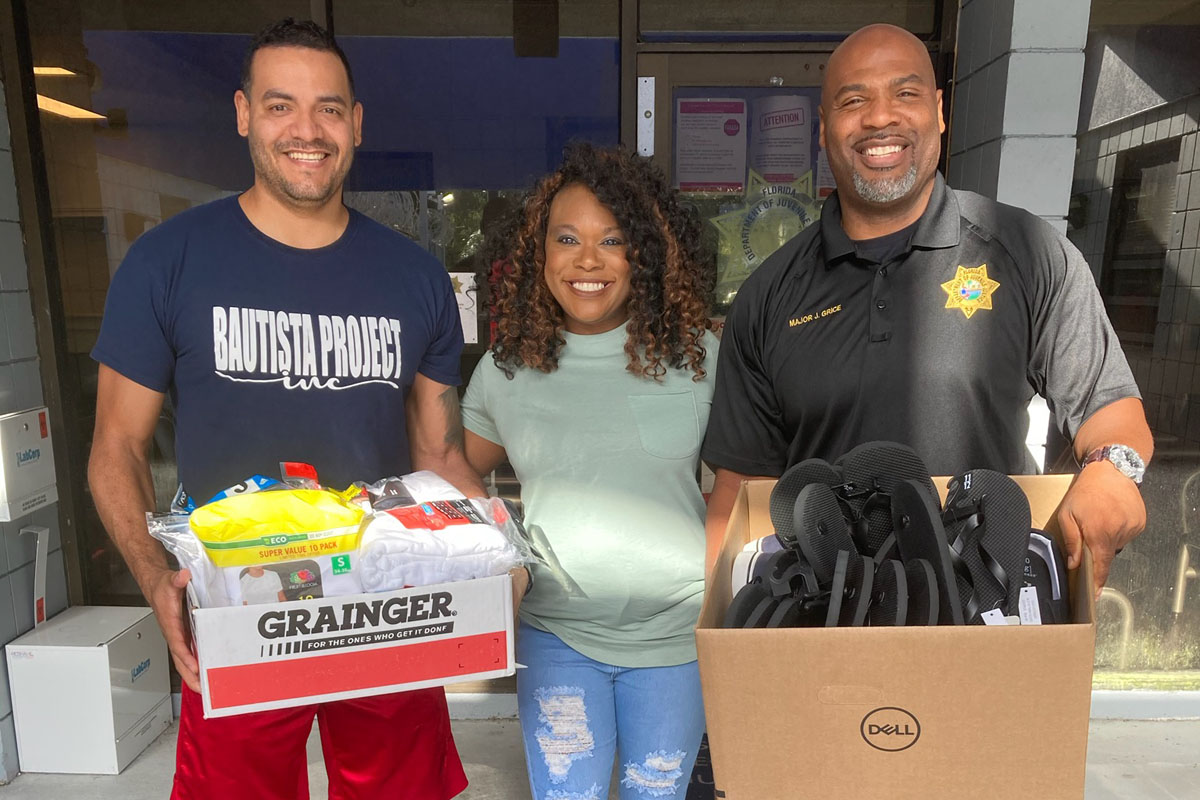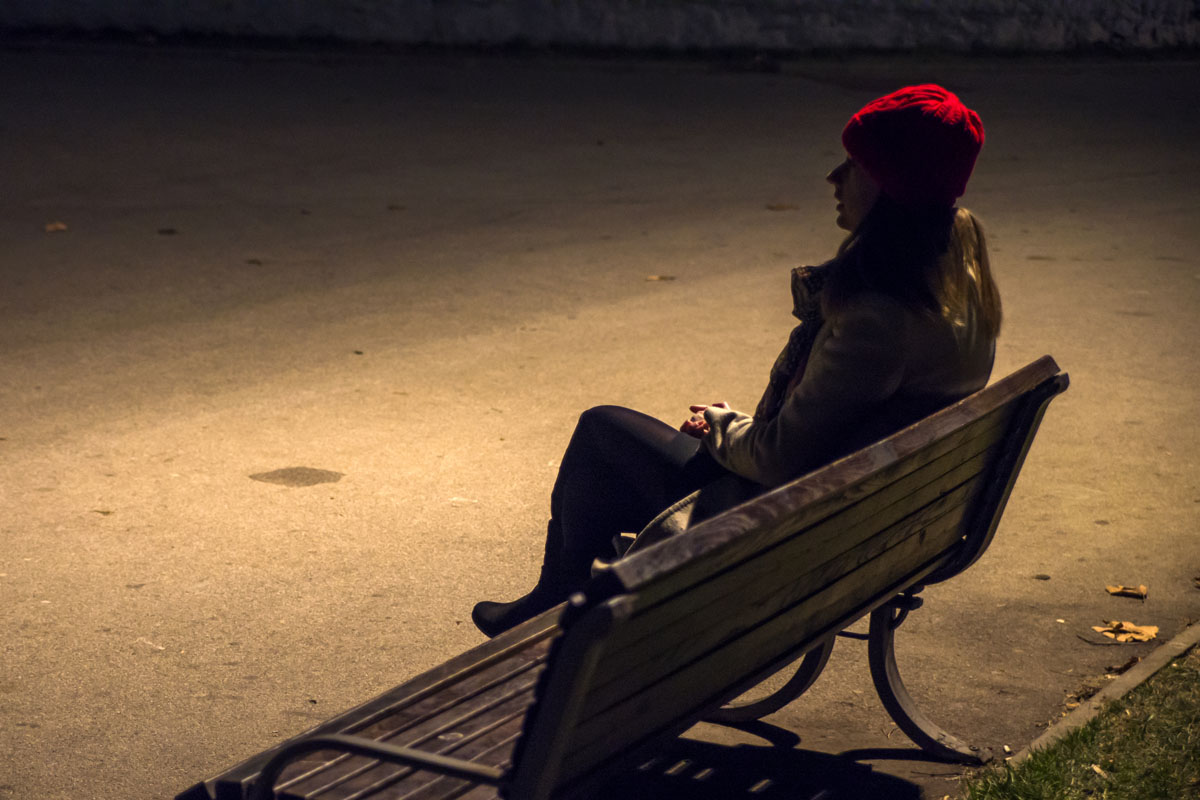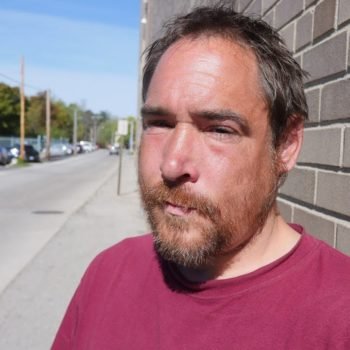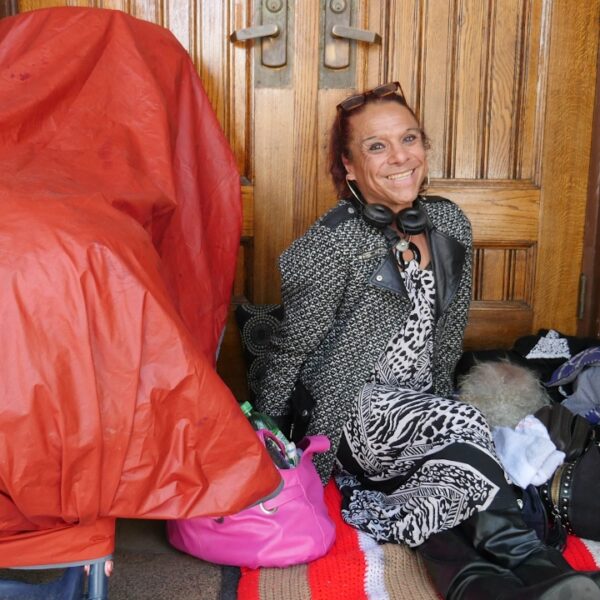As we move toward colder months in much of the Northern Hemisphere, people with unstable living conditions may find themselves at the intersection of two pandemics: COVID-19 and Seasonal Affective Disorder.
Seasonal Affective Disorder, or SAD, is a recurring depression that usually occurs during the winter months. According to Psychology Today, it can sometimes present in warmer weather, too.
Some people think of this as the “winter blues,” a time of colder weather and less activity. But for many, the symptoms are debilitating. SAD causes low energy, feelings of depression, loss of interest in hobbies, inability to concentrate and can also cause suicidal ideations.
According to a recent report, SAD affects up to 51% of Americans in “good times,” but 2020 has been a difficult year. COVID-19 continues to give people anxiety and negatively impact their health. The United States continues to rank among the top countries in terms of coronavirus cases. More than 214,000 Americans have died, and more than 7 million COVID-19 cases have been reported. Cases are once again on the rise in Europe, too.
While multiple outlets have reported on the ways SAD and COVID will compound this year, less, if anything, has been written about the ways homeless community members will face these unique challenges.

Marla Bautista, center, founder of the Bautista Project, is worried about the compounded effects of SAD and COVID-19.
Marla Bautista, author and creator of the Bautista Project, was once a homeless community member herself.
Although she lives in Florida now, she once lived in upstate New York, about 30 minutes from the Canadian border. Bautista said the winters were brutal. She told Invisible People that extreme cold is often not survivable for people without housing. Bautista started the Bautista Project with her husband and family. They provide direct aid like care packages to homeless community members.
Bautista said she is worried about the compounded effects of SAD and COVID-19.
“Physical illness for homeless community members is already inevitable,” she said. “But when you add COVID and you add winter, it’s so much worse.”
Bautista said there’s no question that both COVID and SAD have impacted the mental health of homeless community members in Tampa. A lack of testing and mobile healthcare services has greatly impacted their ability to stay healthy. And COVID restrictions have also placed undue burdens on homeless community members.
If a person cannot afford or find a mask to wear, they can’t go into gas stations, libraries or other public places where they might normally take a sink bath or purchase a snack. Bautista said that although “normal-looking ” community members like herself might get away with entering a gas station without a mask, owners assume people who look to be homeless are trouble. So they are more likely to kick them out for not wearing one.
As winter gets closer, SAD will become more of an issue.
Bautista said mental health should be a top priority for unhoused people, although access to care is often very limited.
“If their basic needs aren’t met, nothing else matters,” Bautista said. “Without good mental health they can’t sustain a job. I can go do a ten-minute interview with ADD, ADHD, or [bipolar disorder], and get the job. But I can’t sustain that employment without good mental health because over time I will crumble.”
SAD and mental health complications are, of course, in addition to other strenuous conditions homeless individuals face.
“Tell me what you can do on an empty stomach,” Bautista said.
Baustista does, however, have recommendations for both homeless and housed community members on how they can help. She encourages healthcare professionals to hit the street and volunteer their time, particularly those offering mental health services.
She said that many homeless people must walk miles to free clinics, making it less likely they will receive care. Bautista also encourages people experiencing homelessness to reach out to their local free clinics, even if it means standing in line. These clinics have access to important physical and mental health resources homeless individuals need to combat issues with both COVID and SAD.
Another option she offered was using WiFi signals to text “4hope” to 741 741, a free crisis hotline designed to help anyone navigate stressful or overwhelming situations via text.
Baustista isn’t the only one with solutions for the homeless community.
Brittany A. Johnson, a licensed mental health counselor, acknowledges the unique difficulties the anxiety of COVID and SAD will place on just about everyone.
“Many people are able to cope with things when they can be in control, and COVID changed that,” Johnson said. “Due to the unknowns, COVID has caused an increase in overall mental health symptoms, especially anxiety.”
Johnson said there are low-cost treatment options available that may work for people in unstable living situations. This includes “creating a routine where you are outside absorbing sunlight and following a routine that incorporates deep breathing, healthy self-talk and utilizes some supports.”
Johnson stressed the role of sunlight in treating SAD. She said that deep breathing and daily routines can also help alleviate anxieties brought on by COVID-19.
Another option for low-cost SAD treatment Psychology Today recommends is Vitamin D supplements. Provided a homeless individual has a mask, they can likely purchase a 180-day-supply for around $15.
Although COVID and SAD will impact those already facing the hardships of experiencing homelessness, there are treatment options available. Bautista highlighted the importance of these options, as well as ensuring all community members work together care for everyone, even those without housing.
“We’re supposed to be empowering them by providing basic needs, just like we do for our children and our family,” Bautista said. “You are paying taxes for them living in your community. So why not make sure they’re taken care of? We encourage people to do their part.”













